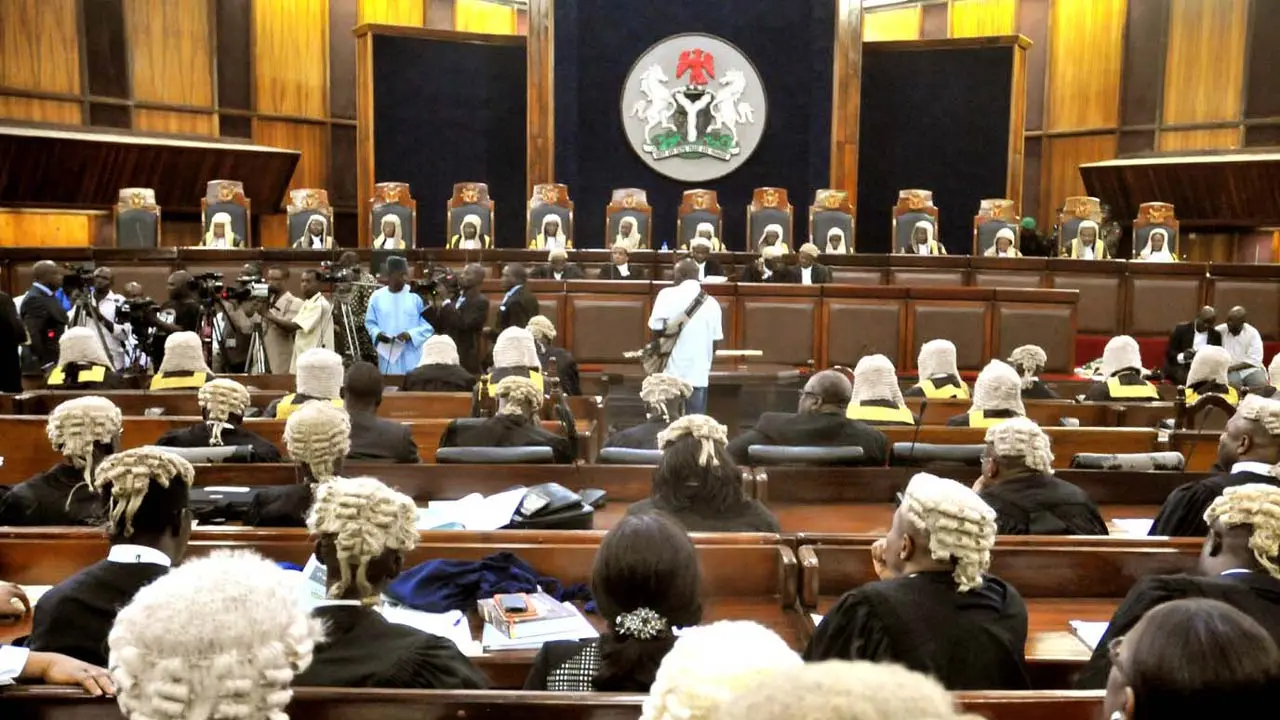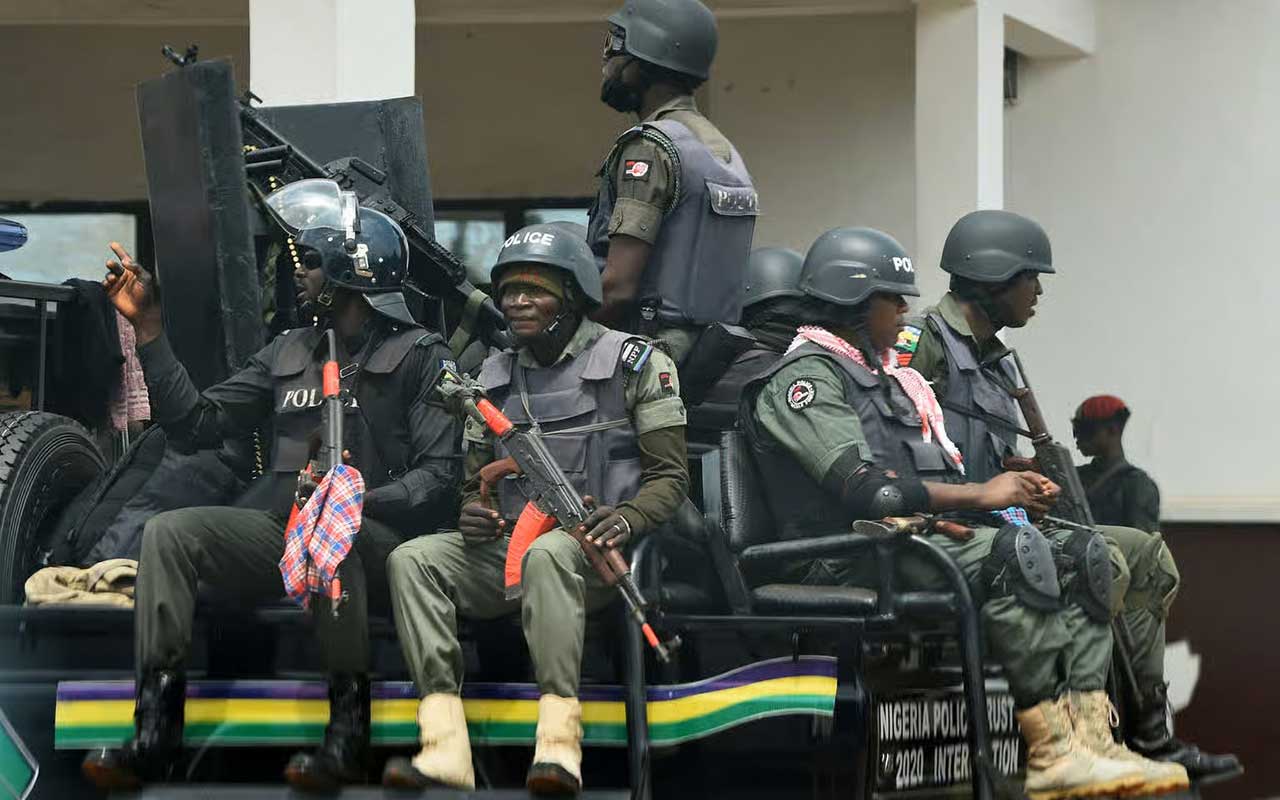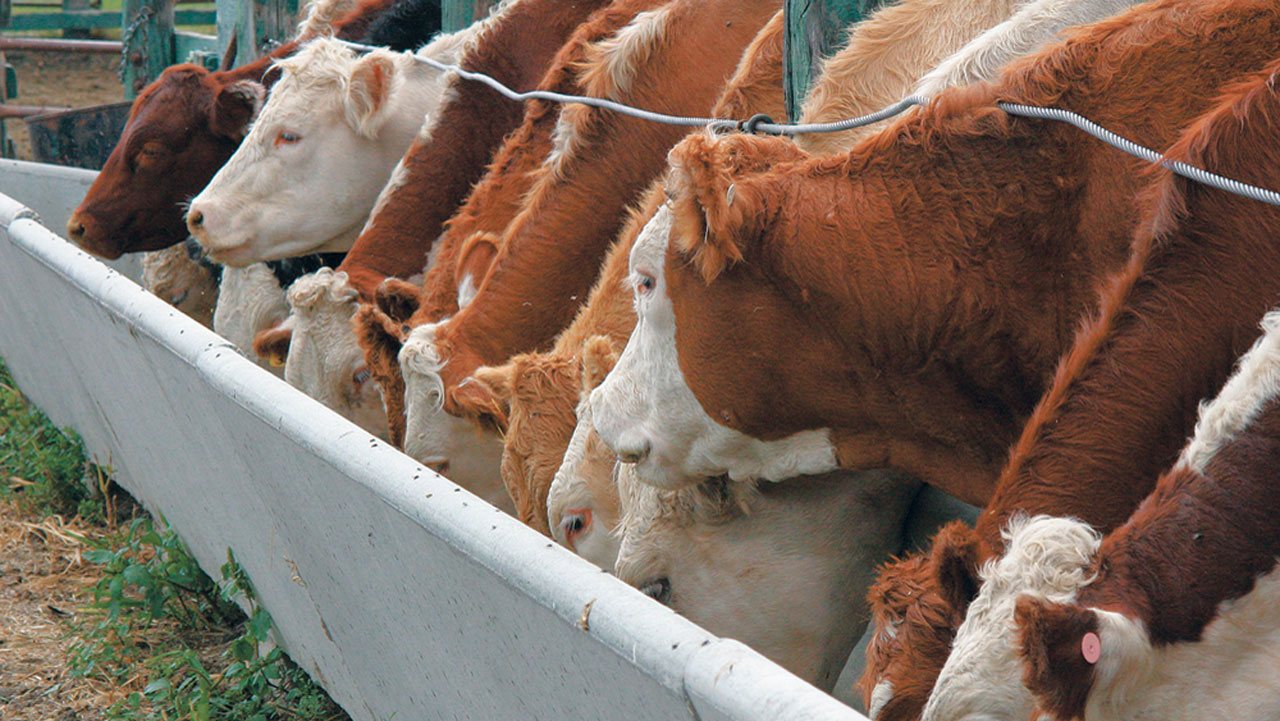It is only fitting that I share the inspiration behind the theme and title of this essay, which explores the origins, cultivation, and evolution—or absence—of inclusive leadership in our beloved Nigeria, along with its far-reaching consequences.
For the uninitiated, amala—a delicacy derived from yam flour—holds pride of place as a staple among the Yoruba people of Nigeria, though it’s steadily won over urbanites from other ethnic groups nationwide.
Consider that President Bola Tinubu secured victory in the 2023 election with approximately 8.8 million votes—far short of the roughly 15.2 million his predecessor, the late Muhammadu Buhari, amassed for his 2019 re-election triumph.
Tinubu thus entered office with modest public backing. Yet, midway into his four-year term, his approval has surged—not via fleeting palliatives like direct food aid, but through stabilising Nigeria’s economy for enduring mass prosperity. This stems from audacious steps, including scrapping the petrol subsidy and unifying the naira’s fractured exchange rates against the dollar and other currencies.
These moves have banished fuel scarcity’s grip, courtesy of private ventures like the Dangote Refinery’s 650,000-barrels-per-day output. TheCentral Bank of Nigeria data further reveals external reserves climbing from an official $33 billion (or as low as $3.7 billion per estimate by JPMorgan to a sturdy $43 billion—sufficient for nearly 12 months of imports.
Beyond that, trillions of naira now bolster the federation account, channeling funds to states and local governments for community-level upliftment.
Consequently, civil servants’ salary arrears—once stretching over a year—have been cleared, while subnational entities pour resources into sweeping infrastructure: roads, bridges, clinics, and affordable housing sprouting across grassroots locales.
But living costs remain elevated, however, that is owing to the standard delay before policy dividends ripple into daily realities. Economists, as social scientists, herald strengthening fundamentals—Gross Domestic Product (GDP) expansion at 4.23 per cent in Q2 2025, bolstering Purchasing Power Parity (PPP), and a moderating Consumer Price Index (CPI)—fueling upbeat forecasts. Yet, this technocratic lexicon often lands as arcane babble among everyday folk, stoking ire as they grapple to align personal woes with proclamations of fiscal rebound by government apparatchik.
Take President Tinubu’s Independence Day address: he vowed the economy had “turned the corner,” with the nadir passed. He doubled down at the erstwhile National Arts Theatre’s—now the Wole Soyinka Centre for Arts and Culture—reopening gala.
Through such overtures, Mr President labours to convey that the austerity sparked by his resolute subsidy axing and rate consolidation—which curbed fund arbitrage and fuel smuggling—posed a transient, vital toll for a sunnier horizon.
In his daytime broadcast and evening cultural rite, he sought to convince the multitudes that reform’s sting has ebbed and dawn beckons. Skepticism lingers, though, among those bearing the brunt: amid soaring expenses, throngs demand tangible proof their burdens are lifting, as Tinubu insists. It echoes the Christian Gospel’s Thomas Didymus also known as Doubting Thomas, pleading for nail-scarred palms of Jesus Christ to affirm His resurrection.
Candidly, after decades of dashed pledges, I absolve the wary Nigerian public of their distrust in government pronouncements. The Federal Ministry of Information—and its state-level counterparts—has fallen short in demystifying ties between GDP, PPP, CPI, and lived struggles. Beyond expediting reform fruits, unpacking these metrics—why delays persist, how myriad forces must align symphonically to alleviate duress—could soften animus toward the regime, rallying the disaffected to become more accommodating.
Here, the National Orientation Agency (NOA)—iconic for its “I’m a true Nigerian… I live by the citizen’s code” drive—faces a pivotal mandate.Case in point: eminent jurist Prof. Itse Sagay and peers have lambasted the Independence Day oration as adrift from societal truths. NOA-guided outreach, tying GDP gains to market vegetable prices, might soothe the anguish of our beleaguered populace.
From this flows a clarion call: to enlist elites and ordinary citizens in Tinubu’s Renewed Hope vision, pivot from pugnacious defense to a cascade of clarifying outreach—a seismic communicative pivot spotlighting triumphs.
An emblem not to overlook: the National Theatre, erected in 1976—16 years after Nigeria’s emancipation from Britain—had crumbled into obsolescence from chronic disregard. Yet, around five years back, Nigeria’s banking titans resolved to revive this FESTAC ’77 global stage, lest it linger as a faded artifact.
The Bankers Committee’s magnanimous push—fully realised in late 2024—capped 65th anniversary festivities in Lagos, supplanting rote military drills and pupil processions at Lagos’s Tafawa Balewa Square in the past and Abuja’s Eagle Square, lately.
With the cultural landmark revitalised, it earned a rechristening for Africa’s inaugural literary Nobelist, 91-year-old Prof. Wole Soyinka (WS to devotees). Tinubu framed the honor as recompense for their comradeship in battling juntas to reclaim democracy. Regrettably, online provocateurs brand the sage a hypocrite—overlooking Soyinka’s candid concession speech: admitting prior qualms on personal tributes, yet carving an exception, while chronicling his stewardship in the venue’s storied arc before entropy set in.
Noble as his candour rang, detractors press on unyieldingly. Alas, calumniating a world-renowned wordsmith—mirroring a polity blind to elders’ gravitas—marks the grim vogue among millennials and Gen Z.
Verily, no sane soul disputes this rechristening as Tinubu’s crowning cultural stroke: Soyinka warrants it, akin to Tafawa Balewa Square saluting ex-Premier Sir Abubakar Tafawa Balewa; Abuja’s airport enshrining Dr Nnamdi Azikiwe, erstwhile ceremonial head; South Africa’s Mandela Square lionising the continent’s paramount liberator; or the U.S.’s Madison Square (named for the fourth U.S. president James Madison) and Washington, D.C.’s Lincoln Memorial (for the sixteenth U.S. president – Abraham Lincoln) anchoring civic hearts.
Ergo, naught amiss in bestowing a bastion of heritage upon a Nobel bard, jailed pre-1967 for mediating Nigerian-Biafran amity to avert war—despite his valiant bid’s defeat.
Poignantly, my latest tome’s unveiling a couple of years ago, “Leading from the Streets: Media Interventions by a Public Intellectual, 1999–2009”, staged Gen. Yakubu Gowon’s inaugural post-1967–70 war reunion with his onetime prisoner Soyinka—the incarcerator and the incarceree, bridging epochs.
Although Soyinka didn’t show up. Gowon in his speech referred to him as his ‘guest’ which is a nice way of making light of his incarceration of Soyinka when he tried to broker peace to avert the unfortunate civil war of 1968-1970.
Undeniably, Wole Soyinka has played a pivotal role in upholding Nigeria’s unity and fortifying its democratic foundations. With that in mind, I implore online detractors to holster their barbs and allow Kongi—the affectionate nickname bestowed upon him after his acclaimed novel Kongi’s Harvest—to savor the tranquility he has rightfully earned.
To be continued tomorrow.
Onyibe is an entrepreneur, public policy analyst. He wrote from Lagos.






